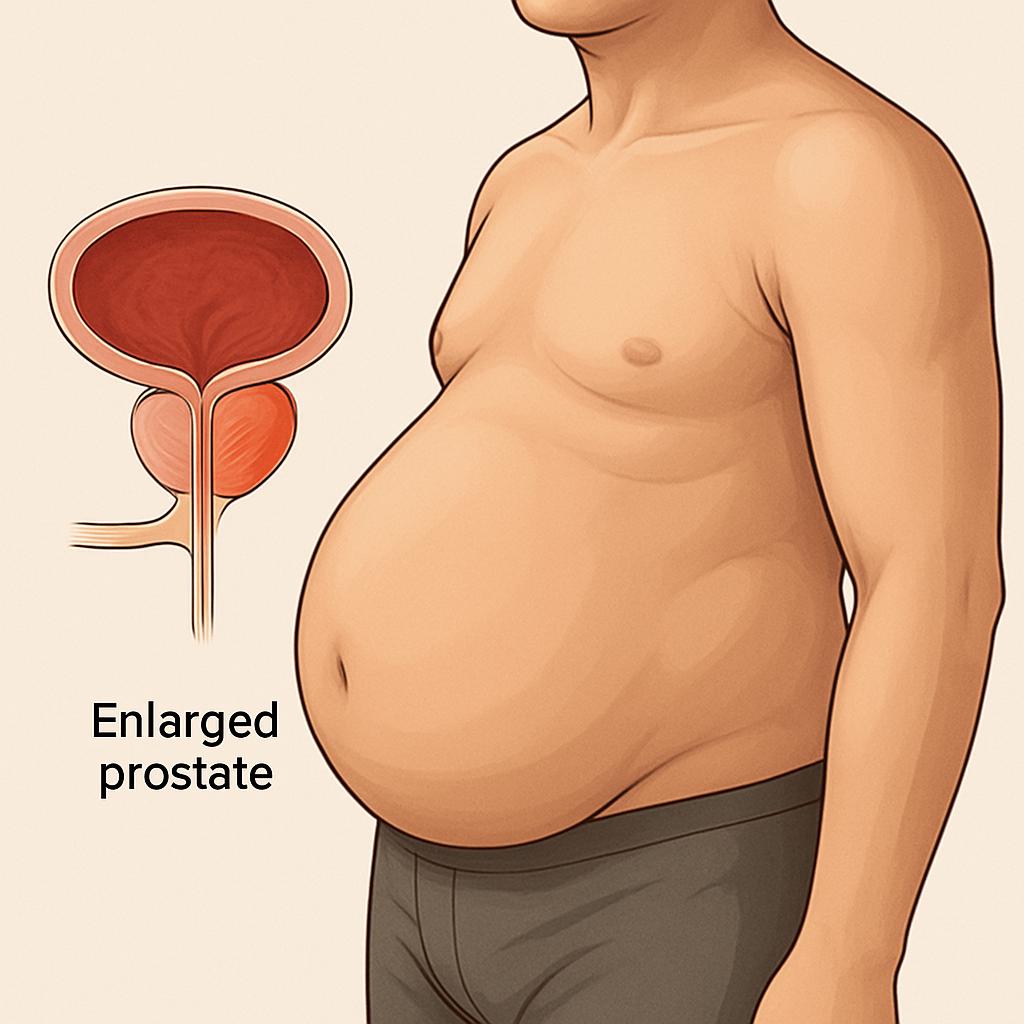Many men—especially older men—experience post-micturition dribble (PMD), a form of urinary incontinence that manifests as a few drops of urine leaking after the main urine stream has stopped. This condition is a physical nuisance and can cause psychological discomfort.
The prevalence of PMD is reported to be between 13% and 32% in the male population, increasing with age.
The involuntary loss of urine immediately after urination can cause significant distress and is often linked to weakened pelvic floor muscles. By understanding and reinforcing the pelvic floor through targeted exercises, men can see an improvement in bladder and bowel control, reducing the severity and frequency of PMD.
The Pelvic Floor and Its Functions
The pelvic floor is a complex structure composed of muscles and tissues supporting the pelvis's organs. These muscles stretch like a trampoline from the tailbone to the pubic bone and from one sitting bone to another. Pelvic floor muscles play a crucial role in urinary and bowel control, and their weakness can contribute to urinary symptoms, including PMD and urge incontinence. Strengthening these muscles is vital for maintaining pelvic health and preventing urinary dribbling.
Understanding Post-Micturition Dribble (PMD)
Post-micturition dribble, commonly abbreviated as PMD, is a specific type of urinary incontinence where men experience an after-dribble of urine. This can result from various factors, including weakened pelvic floor muscles, benign prostatic hyperplasia (BPH), and overflow incontinence.
Post-micturition refers to the urine leakage that occurs after urination, usually when the individual has already left the toilet. The problem occurs when the last few drops of urine are not expelled and instead dribble out, which can often lead to staining of clothing and cause embarrassment.
The Impact of Pelvic Floor Weakness
Pelvic floor weakness can significantly affect bladder and bowel control. In the context of PMD, weakened pelvic floor muscles fail to provide the necessary pressure to fully evacuate the urethra during urination. This results in the retention of a few drops of urine, which subsequently leak out, contributing to what is known as PMD. This condition is a common cause of urinary symptoms in men and can lead to a cycle of discomfort and embarrassment.
Kegel Exercises is a worthwhile investment.
Pelvic floor exercises, or Kegel exercises, efficiently manage urinary dribble. By consistently engaging in pelvic floor muscle exercises, men can strengthen these muscles, improving bladder control and reducing urinary leakage.
Healthcare professionals often prescribe a regimen of these exercises, as they have been shown to improve leakage in men with PMD.
Bulbar Urethral Massage
Bulbar urethral massage involves applying gentle pressure along the urethra after urinating to ensure that the last few drops of urine are expelled, thereby reducing dribble. This technique, alongside pelvic floor exercises, can be effective in managing PMD symptoms.
Lifestyle Modifications
It is recommended to reduce bladder irritants like caffeine and alcohol and maintain a healthy weight. Excess weight can place additional pressure on the bladder and worsen symptoms.
When to seek help?
If you encounter
- Challenges initiating urination (hesitancy),
- The need to exert effort to urinate,
- A weak flow of urine,
- A feeling of not fully emptying the bladder,
- A sense of urgency,
- Discomfort, burning, or pain during urination,
- The presence of blood in the urine,
- The necessity to wake up frequently, more than twice, to urinate during the night (nocturia),
Empowering Men to Address Urinary Dribble
Men can experience significant distress due to post-micturition dribbling. However, it can be effectively dealt with with proper management, including pelvic floor exercises and professional guidance. Men must acknowledge the issue and seek appropriate treatment, which can enhance their quality of life and boost their confidence.


